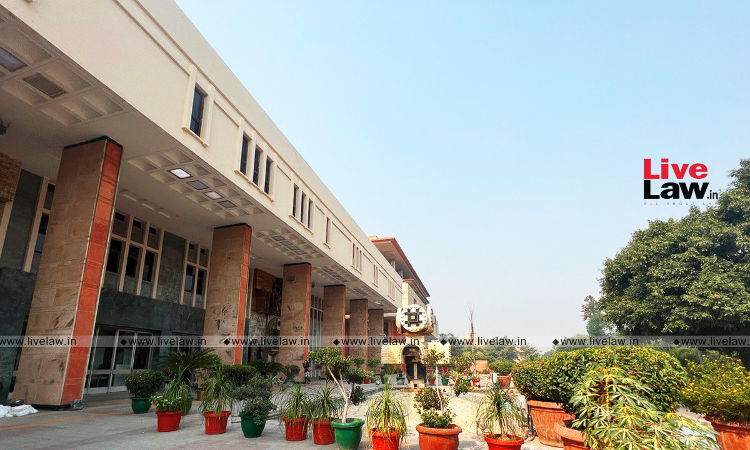Upholding life imprisonment of an accused convicted for committing rape upon a 2 year old minor girl, the Delhi High Court has ruled that MLC (medico-legal case) report can be relied upon by the courts even when the doctor who prepared it is not examined and the record is proved by any other doctor of the hospital. The division bench of Justice Siddharth Mridul and Justice Rajnish Bhatnagar...

